
One month after schools across Guyana were closed in an effort to curb the spread of the deadly new coronavirus, the Ministry of Education has announced a number of measures to assist teachers and students to continue their studies online.
The plan advised secondary and tertiary levels teachers to engage students via zoom, skype and other similar electronic means.
Parents and guardians are also advised to visit the Ministry of Education’s website for learning materials and textbooks for all levels of students.
The News Room’s spoke with teachers from Regions One, Two, Four and Nine who have experienced many challenges with teaching online especially for students who do not have access to the internet.
Henry Brandon, a Caribbean Secondary Examination Certificate (CSEC) Additional and General Math Teacher at President’s College on the East Coast of Demerara, said that all School Based Assessments for the subject was completed and uploaded to the Caribbean Examinations Council (CXC) website; however the challenge now is teaching students online.
“The main challenge of teaching online is the fact that not everybody will have internet access and I’ve been able to see that; some students are making the sacrifice.
“Some persons I know for a fact are going by relatives who have internet access or in some cases better internet access,” Brandon said.
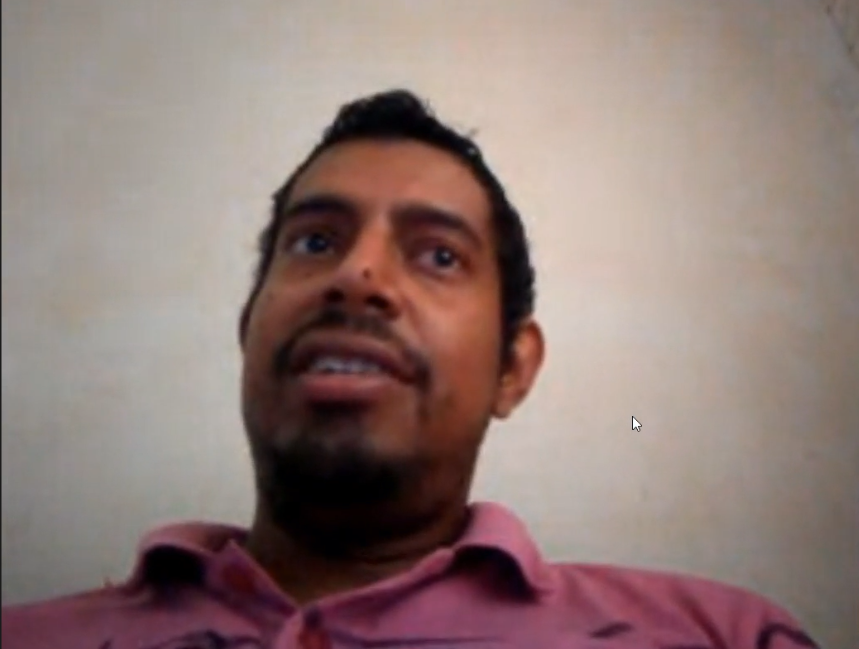
He explained that he teaches via Zoom and has started to record classes. There is also a question and answer session using Whatsapp.
“One of the main reasons I started recording the classes is so that whenever they have access to internet they can view the lessons,” Brandon said.
Brandon highlighted that there is also another challenge using Zoom. He said when the class is small there is unlimited access but a large class is only allowed 40 minutes on the app.
“When you reach 40 minutes you have to stop and then you have to start back and not everyone is able to join in.
“So there are cracks and crevices you have to fill when that happens,” Brandon said.
Meanwhile, hundreds of students across the country were scheduled to write the National Grade Six Assessment (NGSA) on April 8 and 9 but due to measures implemented to prevent the spread of the novel coronavirus, the exams were put off until further notice.
Chandranie Persaud, a Grade Six teacher at the Stella Marris Primary School in Georgetown, told the News Room how she has been teaching 31 students online.
“I am using the zoom app and I have my Whatsapp group with my parents. So those who are not on zoom, I would snap pictures of the work and send it to them via Whatsapp,” Persaud explained.
But even in the city, Persaud said she does not have access to all of her students.
“What happens is sometimes they might not have Wi-Fi or their parents might not be able to afford the data, so some of them would be lagging for the work to be completed,” Persaud said.
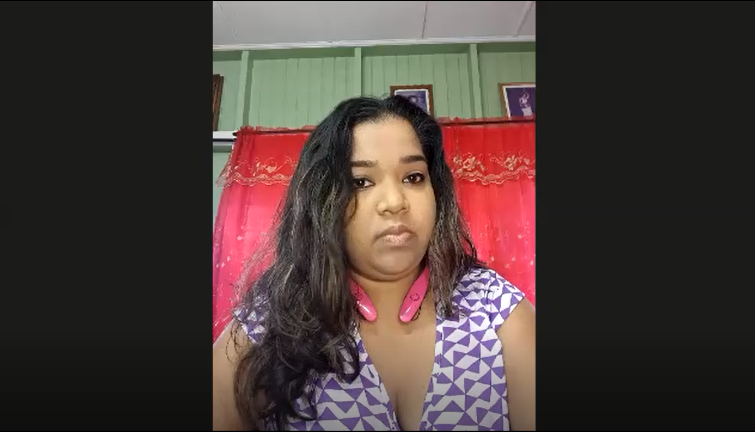
The Grade Six teacher is recommending that when the threat of the virus is over, Grade Six students go through at least one school term before writing NGSA. She said this will allow for smooth transition into secondary schools.
At the St Ignatius Secondary school in Region Nine, Forms Three and Four teacher Mary Parker said it would be almost impossible to teach online in this particular region.
“Online teaching is a good initiative, but because of lack of resources particularly in this region it would be almost impossible,” Parker said.
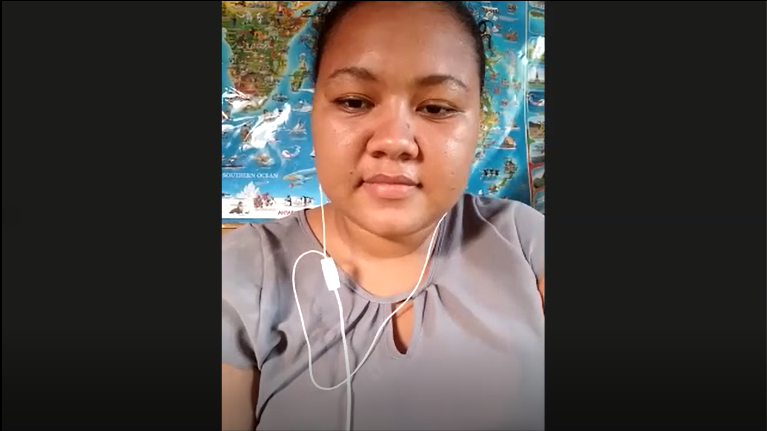
Parker said the teachers and students in the Region just do not have the resources to teach online. However, the Education Ministry’s statement noted that workbooks have been provided for rural communities.
Prior to the emergency measures by the COVID-19 National Task Force, Parker said CSEC students would visit the school in small groups to complete their SBAs.
Parker said it is essential that students are taught especially those who have no support at home.
In Region Two at the Anna Regina Multilateral School, Devika Hoomale teaches CSEC students on Whatsapp. With over 170 students scheduled to write the CSEC exams this year from Anna Regina School, Hoomale said they are doing all that they can with what they have.
“….right after the announcement that schools would be closed, I started working on Whatsapp with them.
“I would send them a picture of the questions and give them some time to go through it and they would respond on Whatsapp,” Hoomale said.
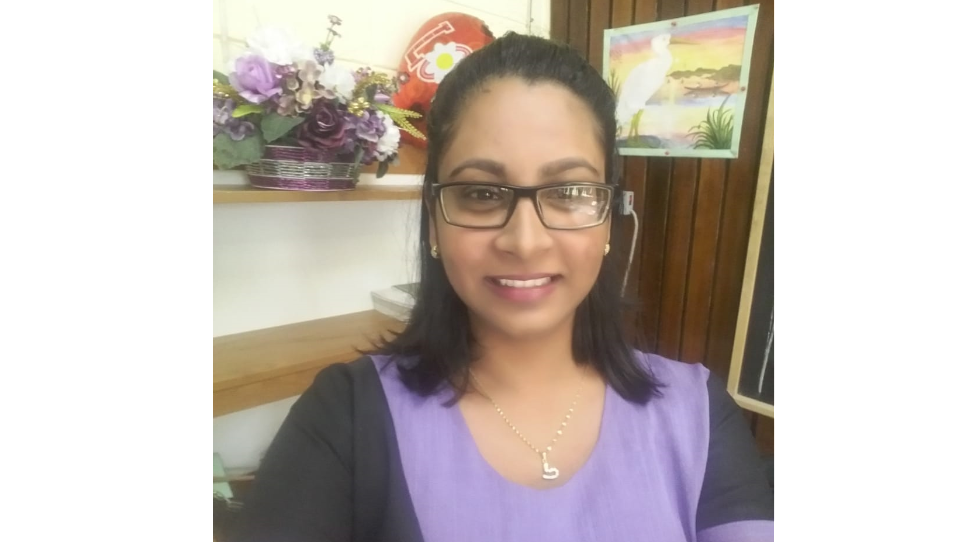
But she said “unfortunately not all of them have access to the internet and here on the Essequibo our internet is not that reliable but with whatever we have we are trying for now.”
Ronald Cox is the Head of Department for Modern Language and teaches at the North West Secondary School in Region One. He told the News Room that there is little to no teaching because of the geography of the region.
“It’s sad to say that we have not really been teaching or meeting with students for at least a month. As much as we will try to meet with a few who are on Whatsapp and have access to internet, we try but the geography of this area is such that students are located all across the sub regions and it’s hard to get in contact with them.
“Some of them don’t even have cellphone signal where they live,” Cox stated.
More than 60 students have registered to write CSEC Exams at the school.
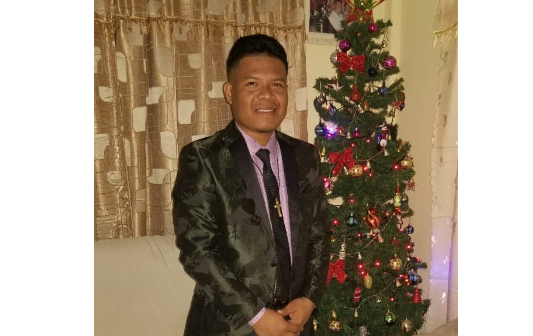
The Ministry of Education in its statement said they are in discussion with international development partners to establish additional e-learning platforms including e-testing for students.
Meanwhile, the Ministry also announced that parents and guardians can also tune into the Guyana Learning Channel (Channel 42/Cable 29) to access continuous learning; listen to radio broadcasts in radio stations in Mahdia, Bartica, Essequibo, Mabaruma, Lethem and Annai where programmes are available daily.
Students are also encouraged to do their own studying.





